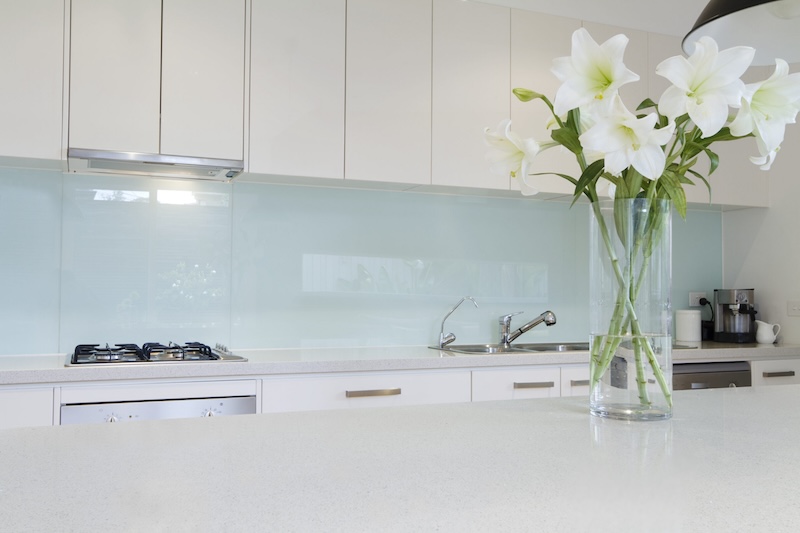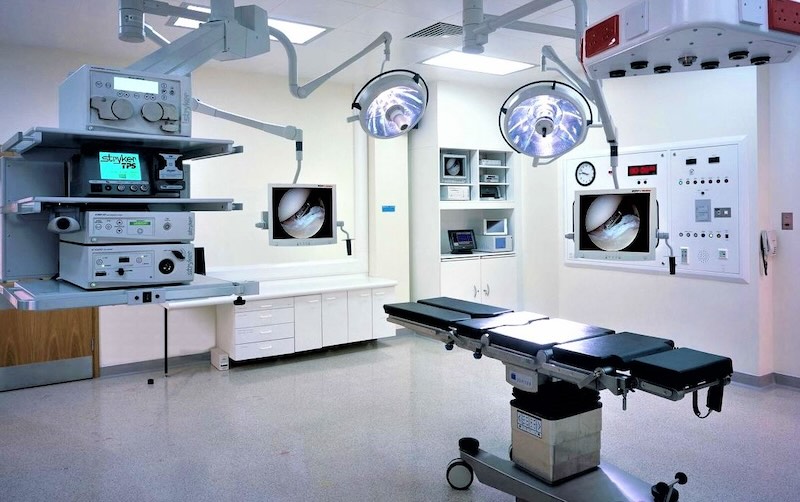Built-in durable product protection
with HeiQ’s antimicrobial additives for plastics and coatings
- Prevent polymer deterioration by controlling and eliminating the cultivation and growth of microorganisms on surfaces
- Long lasting antimicrobial effect
- Compatible with all polymers and manufacturing processes
- Injection molding
- Compression molding
- Roto molding
- Extrusion
- Blow molding
- Our pelletized polymer carrier systems can be mixed with plastic resin and molded into plastic products or extruded into film, sheets or fibers
- Smart active ingredients and masterbatches to enhance consumer, industrial and institutional products
- Regulatory compliant Solutions and Guidance Services
- Solutions include food contact, drinking water contact and solutions for high transparency and color

Discover more about this technology!
HeiQ offers knowledge, expertise and wide range of antimicrobial additives…
…to prevent the deterioration of plastics and coatings by controlling and eliminating the cultivation and growth of microorganisms on their surfaces. Antimicrobial additives can be pre-compounded into masterbatches easily incorporated into polymer products at the point of manufacture including coatings formulations, injection molding or extrusion of fibers, film or sheet.
Our active antimicrobial compounds can be incorporated into virtually all plastics and coating types, preventing premature product degradation that could be induced by an array of microorganisms including mold, mildew, algae and bacteria.
Compatible with:
Polypropylene (PP) — Food containers, appliances, car fenders (bumpers)
High impact polystyrene (HIPS) — Refrigerator liners, food packaging and vending cups
Polyvinyl chloride (PVC) — Plumbing pipes and guttering, shower curtains, window frames, flooring, and building materials
Polyurethanes (PU) — Cushioning foams, thermal insulation foams, surface coatings, and leather coatings
Polyethylene (PE) — Wide range of inexpensive uses including supermarket bags, bins, trolleys, plastic bottles
Polystyrene (PS) — Packaging foam, food containers, disposable cups, plates and cutlery
Acrylonitrile butadiene styrene (ABS) — Electronic equipment cases (e.g., computer monitors, printers, keyboards), drainage pipes, appliances
Polyamides (PA) or Nylons — Fibers, toothbrush bristles, fishing line, under-the-hood car engine moldings
Polycarbonate (PC) — Compact discs, eyeglasses, riot shields, security windows, traffic lights, lenses, protective cases
Polycarbonate/Acrylonitrile Butadiene Styrene (PC/ABS) — A blend of PC and ABS that creates a stronger plastic used in car interior and exterior parts
Thermoplastic Elastomers (TPEs) – A lower cost replacement for traditional rubber, these materials are often utilized in flexible films, seal materials and molded consumer goods where tactile feel is a benefit
…and Regulatory compliance
Chemical substances are regulated all around the world, and substances that control micro-organisms often face even higher regulations, which is why HeiQ will help you identify the requirements that apply to your products.
Antimicrobial substances are regulated in the United States under the Federal Insecticide, Fungicide and Rodenticide Act (FIFRA), and in the European Union under the Biocidal Products Regulation 528/2012 (BPR). HeiQ offers full ranges of products compliant with both FIFRA and the BPR.
We offer antimicrobial additives that comply with regulations regarding substances in plastics and coatings in contact with food or drinking water depending on region.
Our technical and marketing teams can offer guidance for antimicrobial claims compliance worldwide. Our regulatory compliance services include:
- Regulatory information and assessment for each product in every market our customers enter.
- Guidance and Review of marketing claims.
- Access to the HeiQ Polymers portfolio of regulatory approvals and supporting documents.
Some of the many brands we work with:











MANY Leading manufacturers & brands use HeiQ’s antimicrobial additives* & co-branding to:
- Enhance consumer and industrial product surfaces by durably incorporating antimicrobial product protection.
- Protect building product surfaces by preventing staining and premature degradation from mold and mildew.
- Keep food handling areas cleaner by preventing microbial growth between cleanings.
- Prevent the growth of odor causing microorganisms to keep footwear fresher for longer.
- Enhance the cleanliness of sanitary, industrial, hospital and medical surfaces between cleanings.
*Uses and claims are dependent on application and regulatory approvals within each region.


SPECIAL FOCUS: FOOD HANDLING AREAS
Keep food handling areas cleaner with antimicrobial product protection
Our antimicrobial ingredients can be built into plastic surfaces during the manufacturing of kitchen appliances, preparatory surfaces and storage containers and bins to provide continuous protection against microbial growth on surfaces for the life of the product.
Good kitchen hygiene practices include
- Keep all food contact surfaces clean during preparation, to avoid bacteria accidentally transferring to the foods
- Store food at low temperatures where bacteria can’t grow and multiply
- Be careful not to undercook higher risks foods, which might leave bacteria alive if not thoroughly cooked
- Technology is available now, that binds antimicrobial substances to food contact surfaces, thereby continuously helping to keep such treated surfaces cleaner
Harmful microbes
- Salmonella bacteria are the number one food contaminant, causing nearly one-third of foodborne hospitalizations and deaths
- A relatively large inoculum of 10-100 million Salmonella bacteria is required to cause symptoms. By keeping bacterial levels low through good hygiene practices, domestic food poisoning incidents can be averted
SPECIAL FOCUS: MEDICAL SURFACES
Enhance the cleanliness of medical surfaces between cleanings
Durably incorporating antimicrobial technology within medical equipment surfaces enhances the cleanliness of frequent-touch surfaces between cleaning and disinfection.
With the high number of microbes present in hospitals, professionals in the healthcare environment are concerned about the danger of passing infections from ward to ward by contaminated equipment. Antimicrobial medical equipment reduces the risk of passing on harmful bacteria.
Once incorporated into the material, our antimicrobial ingredients inhibit the growth of microorganisms that come in contact with the material, providing the product with built-in antimicrobial protection. Because our antimicrobial technology is built-in during the manufacturing stage and is not applied as a surface finish, it provides continuous protection for the useful life of the product.


